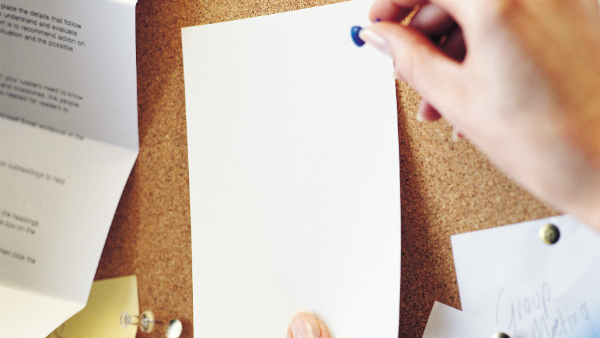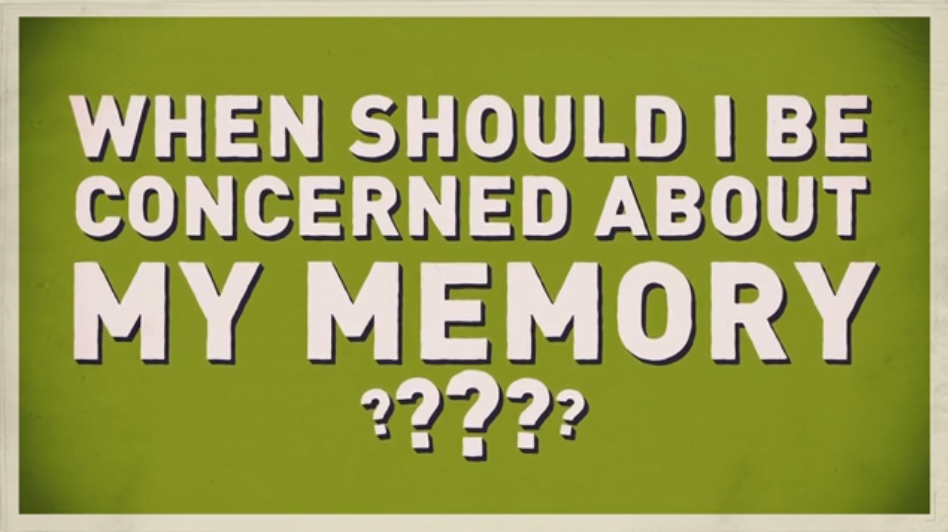
What is Memory Loss?
Everyone can be forgetful, struggle to put a name to a face or remember where the car is parked. Mild changes in memory naturally occur due to age.
However, there are some changes that are not minor and are not an ordinary part of aging. There are a number of possible reasons for changes in memory and there may be a straightforward explanation for what you are experiencing.
Possible reasons for forgetfulness and confusion include:
- Anxiety and stress, particularly following a bereavement
- Depression
- An infection such as a chest or bladder infection
- Thyroid disorders
- Vitamin deficiency
- Side effects of some medications
- Long term overuse of alcohol
- Conditions such as mild cognitive impairment or a stroke
- Dementia, such as Alzheimer’s disease.
Tips for coping with memory loss
If you find it difficult to remember things there are many ways you can help yourself. Different things will help different people. Here are some examples, choose the ones that suit you.
Everyday life

- Routine – Use routines and daily habits so that you have a structure to your day. This will help you remember what you need to do.
- One thing at a time – Do things at your own pace and try to do one thing at a time.
- Keep things in the same place – Put things you use regularly in the same place where they are easy to see. This will help you to keep track of things like your wallet, keys, glasses, diary etc.
- Phone numbers – Keep important phone numbers and a notepad and pen by the phone so that you can find them quickly and easily when you need them.
- Pay bills automatically – Arrange with your bank to pay regular bills by direct debit or standing order so they are paid automatically.
- Put paperwork in a safe place – Put important legal and financial paperwork in a safe place and tell someone you trust where they are.
- Think about talking to your solicitor – Think about if you need to speak to your solicitor to put your affairs in order.
- Use pill boxes – If you are taking medication, ask your pharmacist about pillboxes. These can help you keep track of your different medicines
Memory aids

There are many things you can use to support or prompt your memory so you don’t feel you have to remember everything all the time.
- Use lists – Make lists or keep a diary to help you keep track of the things you need to do, or have already done. Keep the lists in a place that is easy to see or that you check every day – so that it becomes part of your daily routine.
- Wall board or calendar can be helpful – Many people find a wipe-clean board, blackboard or wall calendar in their kitchen helpful. You and your family can write down important things about any particular day, and you can then check this easily.
- Times and dates– To help you keep track of times and dates use a clock, watch or calendar. You can buy clocks with large faces; and watches that you can set to remind you of things.
- To-do notes – Use sticky-backed notes to help remind you: what you have to do; or how to do something. Put the notes near where you need them for, example: near an appliance; or on a remote control.
- Technology – Use technology if you are comfortable with it. Your mobile phone can be set to beep to remind you at specific times. Assist Ireland provide a directory of products that can help, visit www.assistireland.ie for more information.
- Timers – Use a timer to help you know when it is time to take something out of the oven or off the stove.
- Before going out and going to bed – Keep a list of important things to do before you go out and before you go to bed like: making sure the cooker is turned off; and the front door is locked.
Talk to people

Everyone needs help from time to time. It often makes life easier to tell people your memory isn’t very good. Then you can ask for help or ask questions and continue to get on with life.
- Practice people’s names – When meeting someone new, try to use their name several times during the conversation to help you remember it. If you forget, just ask.
- Friends and family -Talk to family and friends about ways they can help and support you. For example, they might: call to remind you about an appointment; or help you to plan out a diary or calendar.
- Give yourself time – It can take time to set up routines and to get used to using memory aids. Try not to get too frustrated, give yourself time.
Steps to keeping well

No matter what is the cause of your memory problems, it always helps to keep as well as possible. Talk to your doctor about the suggestions below.
- Eat healthily
- Eat a balanced diet, with lots of fruit and vegetables. Limit the amount of food you eat that contains a lot of fat sugar and salt.
- Exercise regularly
- It doesn’t have to be strenuous, good choices include walking, dancing or gardening.
- Stay active
- Keep active with your hobbies and interests. Stay in touch with family, friends and your local community.
- Get health checks regularly – Have your blood pressure and cholesterol checked.
- Don’t smoke– You will always benefit from giving up smoking.
- Moderate drinking – Drink alcohol in moderation.
- Wind down – Get plenty of sleep, rest and relaxation.
For further information:
- Call the National Alzheimer’s Helpline on 1800 341 341
- Talk to your GP
- Read our resources:
- More videos at http://freedemliving.com/

